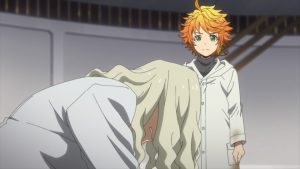 We may one day get an explanation for this adaptation. Most likely not, which will only lead to incessant speculation, but it’s not impossible the truth will come out. We’ve seen popular manga get botched adaptations many times, of course – that’s something of an anime specialty. But a manga this popular, with an adaptation this horribly botched – that’s a rarity. I guess if you’ve going to go the “screw it up” route you may as well go for historically bad, because at least you’ll get remembered.
We may one day get an explanation for this adaptation. Most likely not, which will only lead to incessant speculation, but it’s not impossible the truth will come out. We’ve seen popular manga get botched adaptations many times, of course – that’s something of an anime specialty. But a manga this popular, with an adaptation this horribly botched – that’s a rarity. I guess if you’ve going to go the “screw it up” route you may as well go for historically bad, because at least you’ll get remembered.
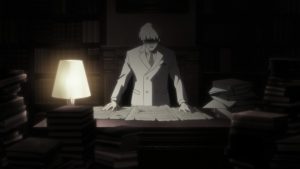 This is a tricky situation for a reviewer anyway, because whenever an anime changes a manga’s ending you can’t really talk about the changes without spoiling the original end – which I always prefer not to do. So I won’t go into specifics, but honestly this is so far off the rails that’s probably overkill. The anime basically took an ending I wasn’t sure could get sillier and made it much, much worse. At least the manga ending had some buildup – the anime version cut out 80% of that (at a conservative guesstimate).
This is a tricky situation for a reviewer anyway, because whenever an anime changes a manga’s ending you can’t really talk about the changes without spoiling the original end – which I always prefer not to do. So I won’t go into specifics, but honestly this is so far off the rails that’s probably overkill. The anime basically took an ending I wasn’t sure could get sillier and made it much, much worse. At least the manga ending had some buildup – the anime version cut out 80% of that (at a conservative guesstimate).
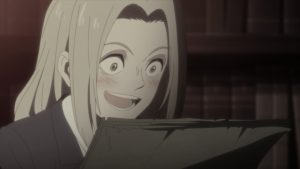 It’s also not unfair to note that the final episode was about 30% still frame montages with no animation at all. Given that Neverland S2 already had a recap episode because of production delays (which effectively robbed the time-starved narrative of a further 9% of its oxygen) it’s safe to assume it never caught up. As we’re also seeing another Cloverworks show this season (Wonder Egg Priority) crippled by production issues, it’s worth asking if something significant is happening at Cloverworks (an A-1 Pictures offshoot). They’ve been very busy – are we looking at a MAPPA-like black company scenario developing? Let’s hope not, but to see two series in one season flailing like this is a very troubling sign.
It’s also not unfair to note that the final episode was about 30% still frame montages with no animation at all. Given that Neverland S2 already had a recap episode because of production delays (which effectively robbed the time-starved narrative of a further 9% of its oxygen) it’s safe to assume it never caught up. As we’re also seeing another Cloverworks show this season (Wonder Egg Priority) crippled by production issues, it’s worth asking if something significant is happening at Cloverworks (an A-1 Pictures offshoot). They’ve been very busy – are we looking at a MAPPA-like black company scenario developing? Let’s hope not, but to see two series in one season flailing like this is a very troubling sign.
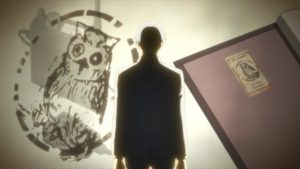 Let’s just be clear: last year, The Promised Neverland was #6 in total manga volume sales, with about 6.38 million sold. In 2019, it’s last full year in publication, it was 4th with about 7.45 million sold (eclipsing the likes of HeroAca, Haikyuu, and Shingeki no Kyoujin). A fair number of readers feel as if it jumped the shark pretty hard in its last third or so, but that clearly never impacted sales. Yakusoku no Neverland was huge. It was a monster, a blockbuster by any measure you could use. So, to get back to the original premise, just what the hell happened here?
Let’s just be clear: last year, The Promised Neverland was #6 in total manga volume sales, with about 6.38 million sold. In 2019, it’s last full year in publication, it was 4th with about 7.45 million sold (eclipsing the likes of HeroAca, Haikyuu, and Shingeki no Kyoujin). A fair number of readers feel as if it jumped the shark pretty hard in its last third or so, but that clearly never impacted sales. Yakusoku no Neverland was huge. It was a monster, a blockbuster by any measure you could use. So, to get back to the original premise, just what the hell happened here?
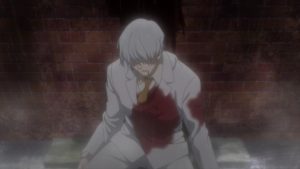 Since speculation is all we’re likely to ever have, one is naturally going to speculate. Yes the manga ended late last year, but other finished series with lesser sales have gotten (or will get) more or less complete adaptations, so I call BS on that. When a manga is this popular an anime will continue to generate sales of existing volumes. Maybe everyone involved realized that the manga ending was a mess, and decided to try and “fix” it? Seems very unlikely, and it wouldn’t explain why you’d take a series you could have gotten three profitable cours out of and condensed it into 10 episodes.
Since speculation is all we’re likely to ever have, one is naturally going to speculate. Yes the manga ended late last year, but other finished series with lesser sales have gotten (or will get) more or less complete adaptations, so I call BS on that. When a manga is this popular an anime will continue to generate sales of existing volumes. Maybe everyone involved realized that the manga ending was a mess, and decided to try and “fix” it? Seems very unlikely, and it wouldn’t explain why you’d take a series you could have gotten three profitable cours out of and condensed it into 10 episodes.
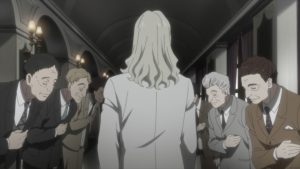 Honestly, that’s all I got. I just don’t know, and at this point I’m actually relieved the manga mostly lost me because if I’d been a huge fan, this anime would have gutted me. As it is it’s more bemused irritation than anything, coupled with a genuine curiosity about questions I expect to never get answers to. Anime can be an inexplicable industry at the best of times, even by the idiosyncratic standards of this most idiosyncratic county, but this shitshow really is one for the ages.
Honestly, that’s all I got. I just don’t know, and at this point I’m actually relieved the manga mostly lost me because if I’d been a huge fan, this anime would have gutted me. As it is it’s more bemused irritation than anything, coupled with a genuine curiosity about questions I expect to never get answers to. Anime can be an inexplicable industry at the best of times, even by the idiosyncratic standards of this most idiosyncratic county, but this shitshow really is one for the ages.


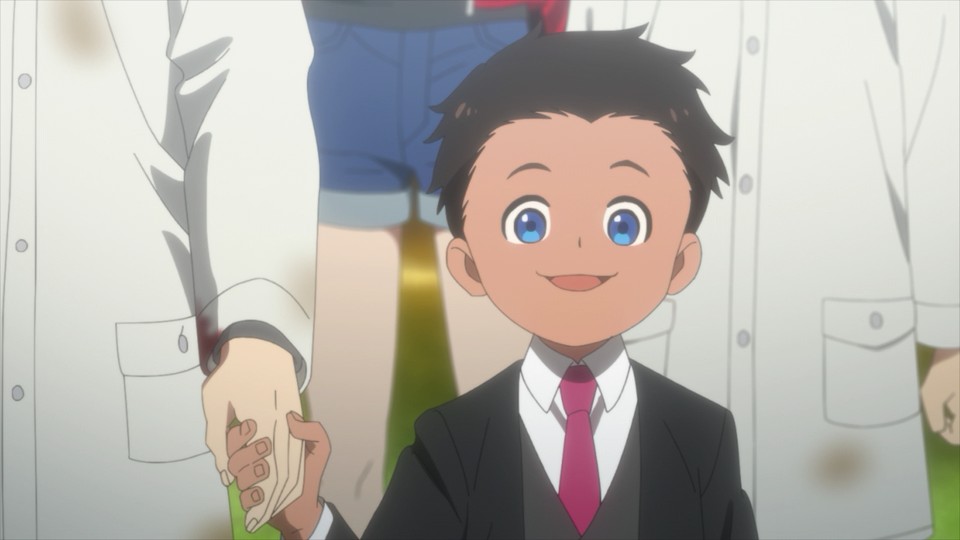
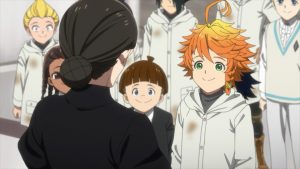
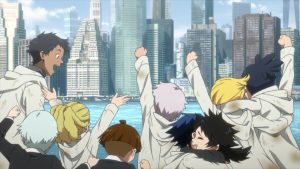
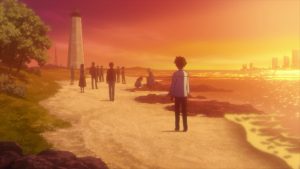
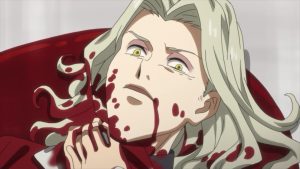
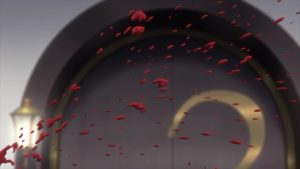
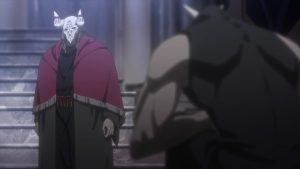
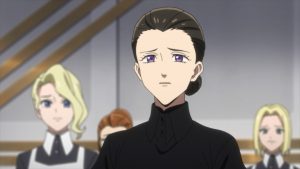
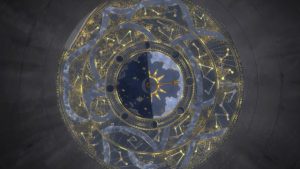
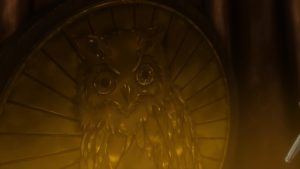
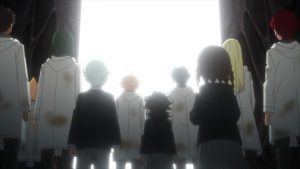
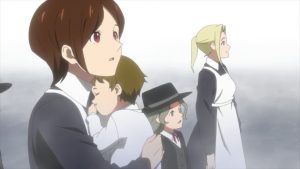
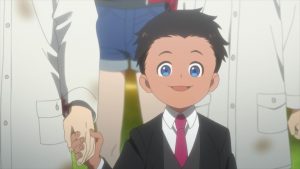
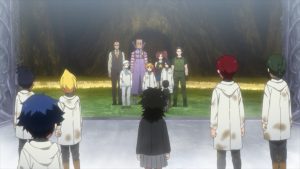
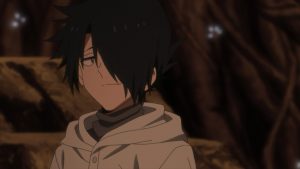
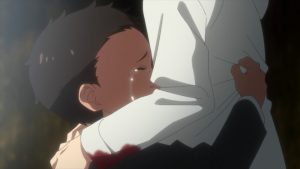
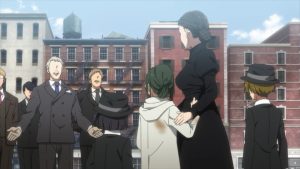
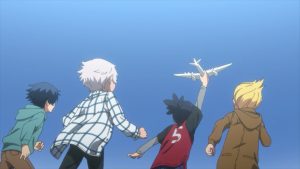
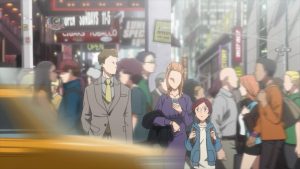
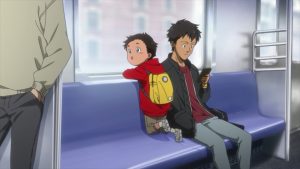


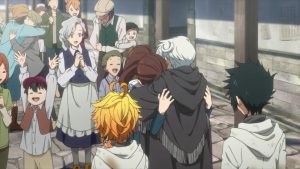
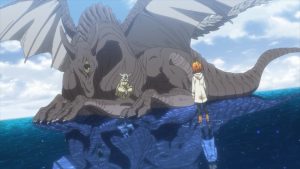


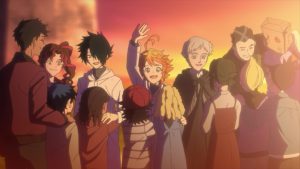
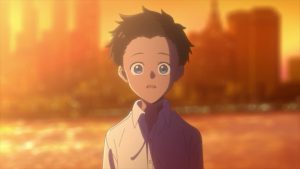
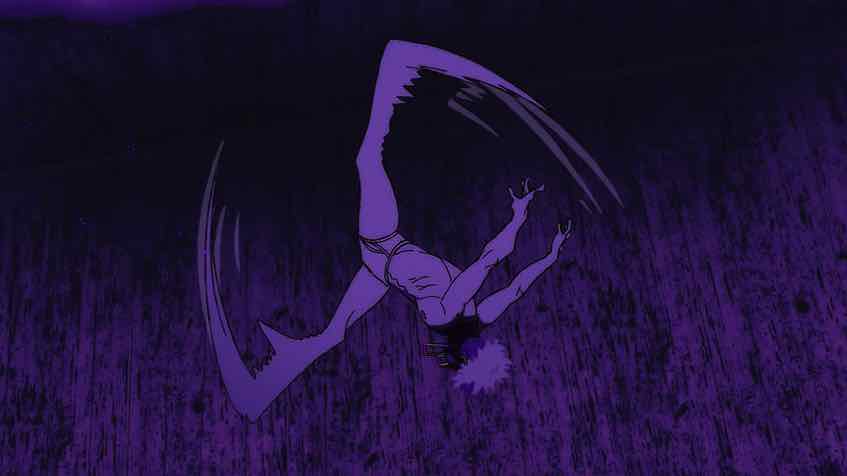
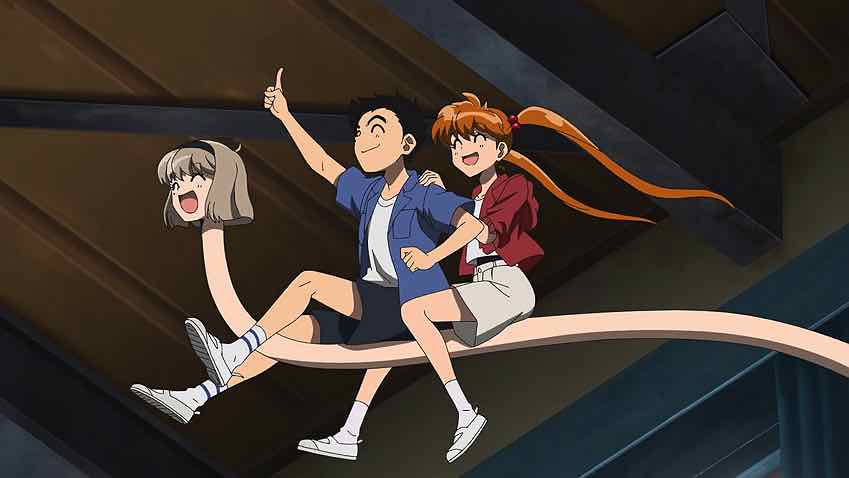
LAsuka
March 26, 2021 at 11:30 pmReally can’t argue with you on that. After the incredible first season, this season just butchered everything that was good about the first season, rushed everything into oblivion, threw character development out of the window, and just ruined just about everything. For a show that showed immense potential, and as you mentioned, received substantial commercial success, this is more of a pity than anything else.
Antony Shepherd
March 27, 2021 at 5:30 amWow, so glad I bailed early on this one. Maybe someone will write a book on “ How not to make a second season” and this will be it.
Kim
March 27, 2021 at 6:35 amWell we will always have the first season
Kim
March 27, 2021 at 6:44 amActually thinking about it more it worries me that lately so many anime series that easily have enough material for more than one season are being regulated to one cour. This is the worse example but then we have things like Horimiya and the recent Toilet Bound Hanako-Kun
I am worried what this means future manga adaptions . I am curious not just about this series but what goes into the thought process of adapting a series for one cour vs more. Obviously popularity would play a factor but all the above mentioned series should have been popular enough for more than one cour.
Guardian Enzo
March 27, 2021 at 9:09 amI’m worried about this too. Horimiya (also Cloverworks) and Beastars also got butchered pretty badly by being rushed this season. The trend towards one-cour everything is certainly more pronounced than ever. Neverland is still baffling for not being an exception to this pacing butchery, but the larger picture has some worrying signs.
Todd Clawson
March 27, 2021 at 8:41 pmIt feels to me that anime is being treated more an more like an advertisement for the manga/light novels. It’s like “You want to know what happens afterwards? Buy the book!” Now this isn’t exactly unusual or unheard of. If I recall correctly, .hack//sign was essentially a prequel intended to draw interest in buying the video games, but it was a complete story with enough episodes to tell that story. Nowadays, I’ve lost track of the number of anime I have watched with only one season that obviously leaves a ton unfinished and never gets a 2nd season despite all signs point towards to it being popular enough to do so.
Guardian Enzo
March 27, 2021 at 10:05 pmYes, but the manga is a massive seller. That sort of thing doesn’t happen to series like Neverland – it happens to bottom-feeders.
Simone
March 28, 2021 at 7:08 pm> It’s like “You want to know what happens afterwards? Buy the book!”
If only the mindset had been that with TPN, though. It would have meant adapting faithfully the arc that follows Grace Field, then leaving things hanging there. Honestly, would have been better than this poor attempt at giving it a “satisfying” ending.
Archaon
March 29, 2021 at 10:47 pmThe short answer for why the adaptation turn out this way is profit. The first season has terrible BR and merch sales. Yes, the manga sold a lot, but all of the profit from the manga sale go to the author and the publisher. The studio in the other hand get to keep the profit generated from the anime and some merch sale. So for the studio this series is a money sink with little profit, especially when the first season cost a lot to make.